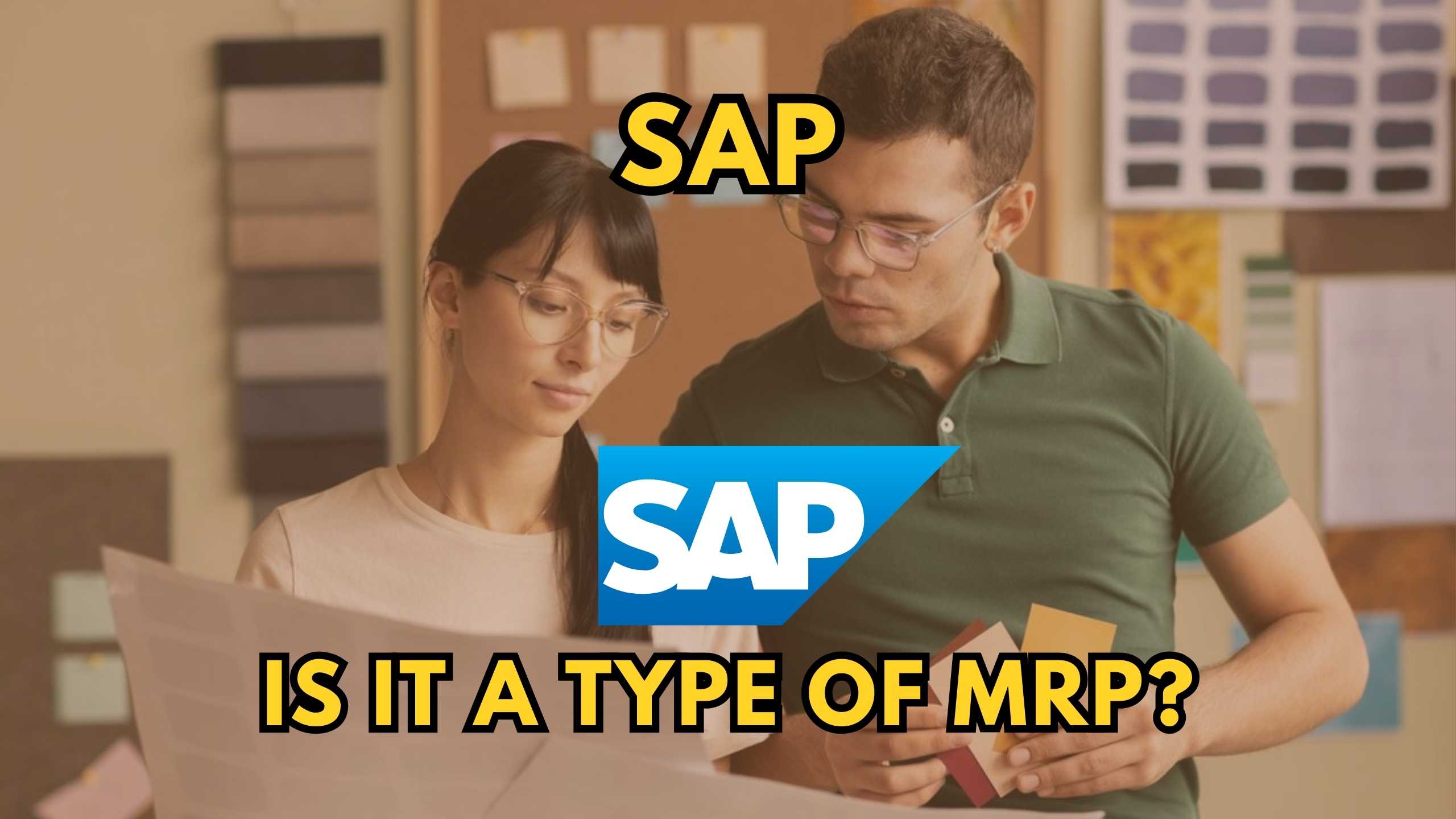SAP: Is It a Type of MRP?
- Expense Management Software Credit Cards Investing Business Solutions


SAP: Is It a Type of MRP?
Enterprise resource planning (ERP) systems play a pivotal role in managing and optimizing various business processes. In the realm of ERP, SAP is a prominent player. In this exploration, we will delve into SAP’s functionalities and address the question: Is SAP a type of MRP?
Understanding SAP in the ERP Landscape
SAP, which stands for Systems, Applications, and Products, is a comprehensive ERP software suite. Unlike traditional material requirements planning (MRP) systems, SAP extends its reach beyond MRP, offering a broad spectrum of modules that integrate and streamline diverse business functions.
SAP’s MRP Capabilities
SAP does encompass MRP functionalities within its suite, allowing businesses to efficiently plan and manage their material requirements. The MRP component in SAP aids in inventory management, procurement, and production planning, ensuring a synchronized flow of materials within an organization.
Beyond MRP: SAP’s Holistic Approach
While MRP primarily focuses on the manufacturing aspect of businesses, SAP takes a holistic approach. Its modules cover a wide array of operations, including finance, human resources, sales, and customer relationship management. This comprehensive functionality makes SAP a versatile ERP solution suitable for various industries and business models.
SaaS Products Enhancing ERP Efficiency
To further enhance ERP efficiency, integrating SAP with relevant SaaS products becomes imperative. Here are five noteworthy SaaS products that seamlessly complement SAP, offering enhanced functionalities for diverse business needs:
- Workday: Integrate Workday with SAP to optimize human resource management. Workday’s cloud-based solutions enhance workforce planning, recruitment, and employee engagement.
- Concur: Streamline expense management by integrating Concur with SAP. This SaaS product simplifies the entire expense process, from submission to reimbursement, ensuring accuracy and compliance.
- Salesforce: Elevate customer relationship management by combining Salesforce with SAP. This integration enhances sales, marketing, and customer service processes, fostering seamless customer interactions.
- ServiceNow: Integrate ServiceNow with SAP for efficient IT service management. This collaboration streamlines IT processes, resolves issues faster, and ensures a responsive and agile IT environment.
- Zendesk: Enhance customer support capabilities by integrating Zendesk with SAP. Zendesk’s cloud-based customer service solutions provide a unified platform for managing customer interactions.
Conclusion
In conclusion, SAP goes beyond being just a type of MRP; it stands as a comprehensive ERP solution with versatile functionalities. Businesses looking to optimize their operations should consider the holistic approach of SAP, ensuring seamless integration with complementary SaaS products for enhanced efficiency.
Optimize Your ERP with Subscribed.fyi
Ready to elevate your ERP experience? Explore the world of SAP and SaaS integrations with Subscribed.fyi. Sign up for free today to unlock exclusive member-only deals, providing substantial savings on a diverse range of SaaS tools.
Relevant Links:








